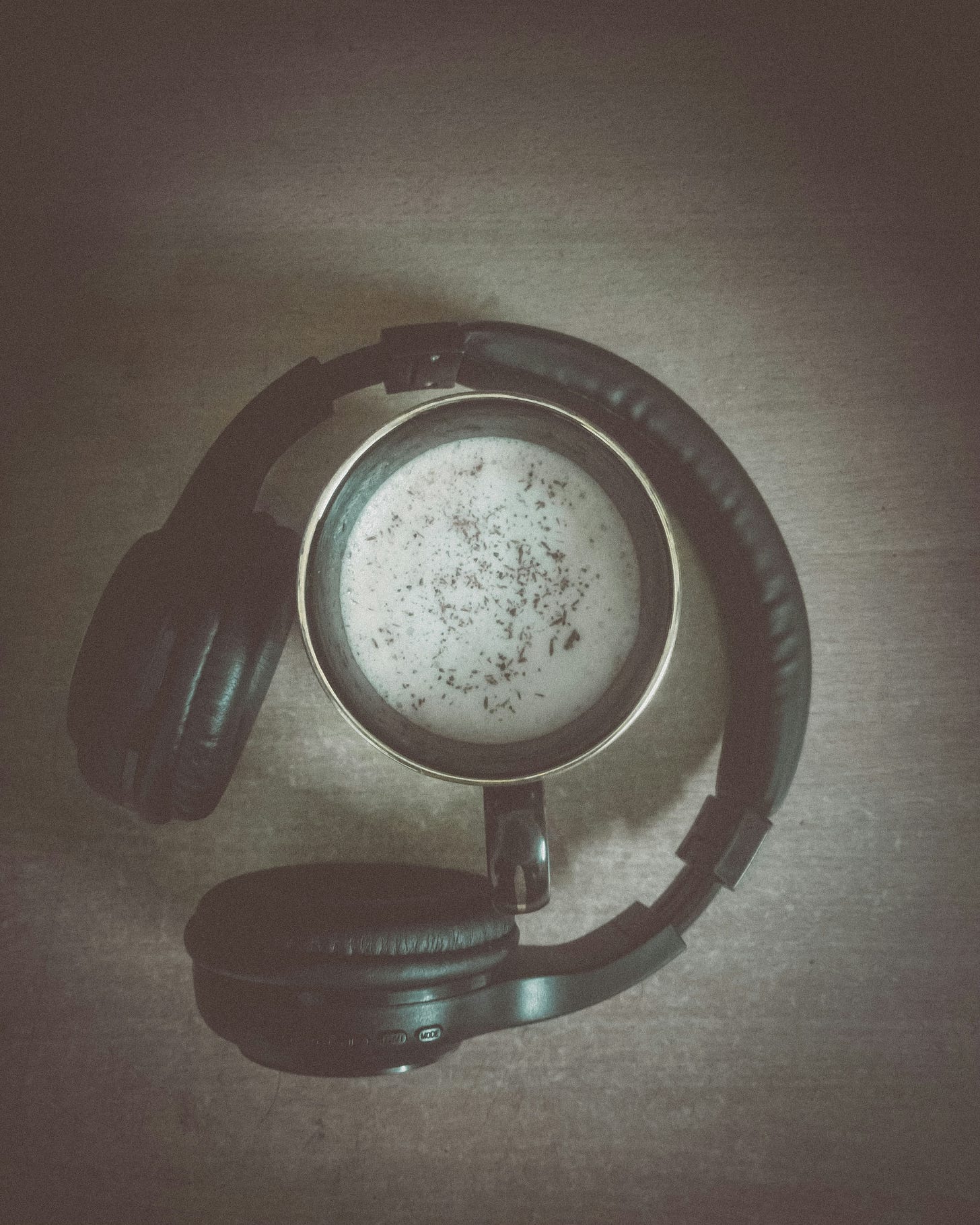It went for my brain. My birth date. Names. And how to read.
These were a few of the skills that left me, when my doctor worried I’d had a stroke. Both opportunistic and cruel, it took my main solace: reading. It stole books from me. It stole me from me.
Words swam and blurred. I couldn’t understand or remember what I had just read. As a writer, I thought this was the end. That it would kill me by taking away the way I make my living and the way I get through life.
I cried at night but did not sleep.
Bolstered by friends who texted me with support and advice every day through my long and severe COVID infection, I tried expensive pillows. I tried prescriptions. I tried different books—even back to my old frenemy poetry—but couldn’t make sense of any of them. Then a friend who is blind suggested audiobooks.
These are things that make a book art and not an instruction manual for a microwave.
One got through to me. The audiobook of The Writing Retreat by Julia Bartz, narrated by Gail Shalan, my second favorite audiobook narrator (more on my first in a bit). Every night, I would listen. And in this way, I would read. I got through a story again—a scary, thrilling, literary story. I was able to pay attention, to follow the plot, to help re-train my brain. Through listening, I re-learned how to write and think.

This week, Audible announced it would start using AI to narrate audiobooks. Their defensive and elaborate arguments include wanting to bring more books to readers. But the likely truth is simple: they don’t want to pay for that. They don’t want to pay humans to do the nuanced, creative, and emotional work of narrating.
Narrating a book is a job. It’s a difficult, physical, and mental one. It’s also an art. Brittany Pressley, the award-winning narrator of my first two novels Road Out of Winter and Trashlands, researched accents in the actual county where I envisioned my novels set, after first consulting intensely with me. Her dedication is a craft, and the disrespect paid to her work and the work of so many other professionals is representative of the thoughtless way people are utilizing AI right now.
Because people are bored. Because they’re lazy, mindlessly shoveling AI into their faces like junk food, but these data potato chips are killing the planet. Actively guzzling water, poisoning poor communities and people of color, land-grabbing for data farms, putting people out of work, stealing, and making climate change worse.
Once again for the back of the room: your little question to an AI chat bot is making climate change WORSE.
I think some people are addicted to AI. It is so numbing. Addicted to not thinking, not planning, not learning, not feeling. But these are all things that make us human. These are things that make a book art and not an instruction manual for a microwave.
In the war against the robots I fight with the artists.
Writers: audiobook human narrators are on your team. They are your team. Readers, they are on your side. They want you to experience a story in the deepest, most truest way to an author’s vision and possibility. They want you to feel it.
An audiobook also saved my writing: and therefore, saved my artistic life, my career, and my family’s future. Because at the height of my illness, I was able to listen to a book, I thought reading aloud and listening might help me work on my own books too.
It did and it has. That’s a change in my artistic process that continues to this day.
I write this before dawn after turning in my fourth novel under contract. Stay tuned for the announcement on that. I read aloud and listened to the whole manuscript—all 81,000 plus words of it (so far)—over many late nights. I’ve become an oral storyteller, like my grandfather who was forced to leave school in the 8th grade and yet could recite hundreds of poems, and probably like my ancestors before him. That’s a human thing.



